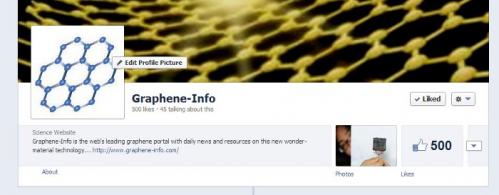Interview with Bluestone Global Tech's CEO, promises first graphene-based touch panels by Q3 2013
 Bluestone Global Tech (BGT) was founded in 2011 in New York with an aim to produce graphene. The company offers high-quality, fully customizable graphene on several substrates (Quartz, Copper, Silicon and others). BGT's CEO, Dr. Chung Ping Lai, was kind enough to answer a few questions we had about the company's business and technology.
Bluestone Global Tech (BGT) was founded in 2011 in New York with an aim to produce graphene. The company offers high-quality, fully customizable graphene on several substrates (Quartz, Copper, Silicon and others). BGT's CEO, Dr. Chung Ping Lai, was kind enough to answer a few questions we had about the company's business and technology.
Dr. Lai became BGT's CEO in November 2012. Previously he worked with Taiwan's ITRI institute, Veeco, Applied films and other companies. Dr. Lai received his Ph.D. degree from the Department of Ceramics Science and Engineering of Rutgers University in 1992.




